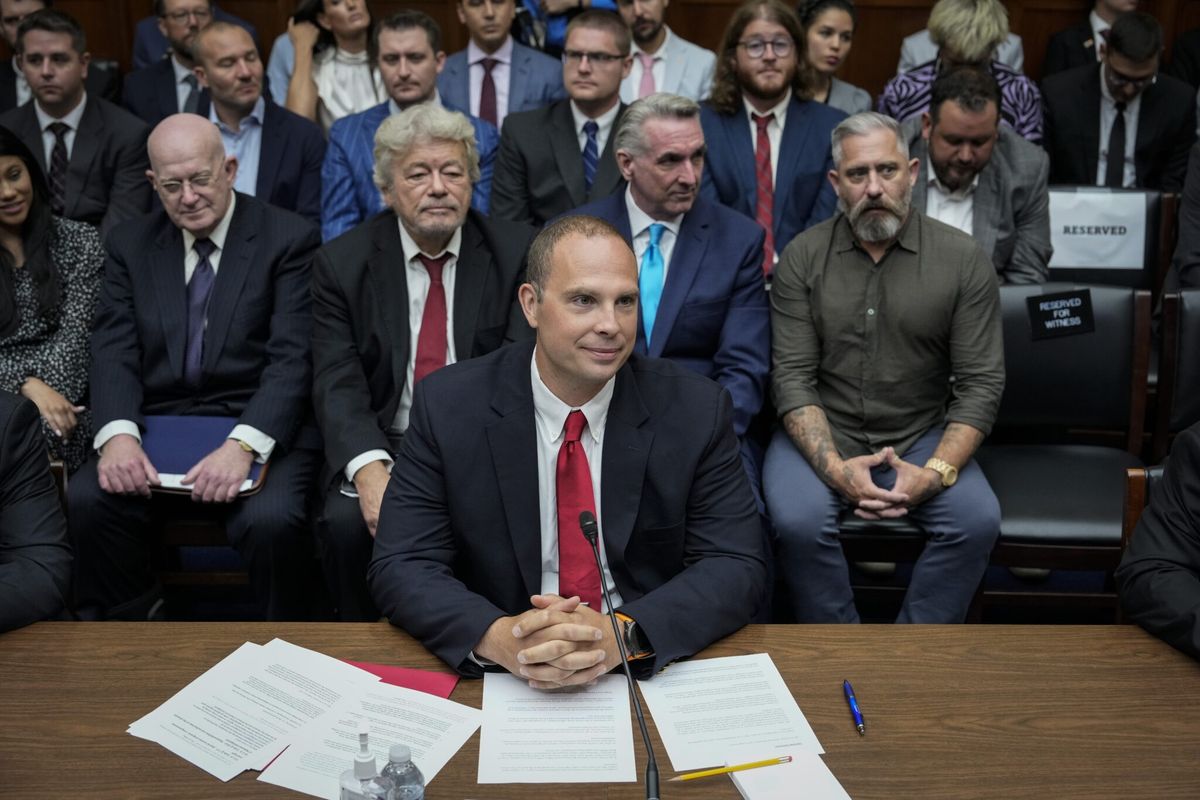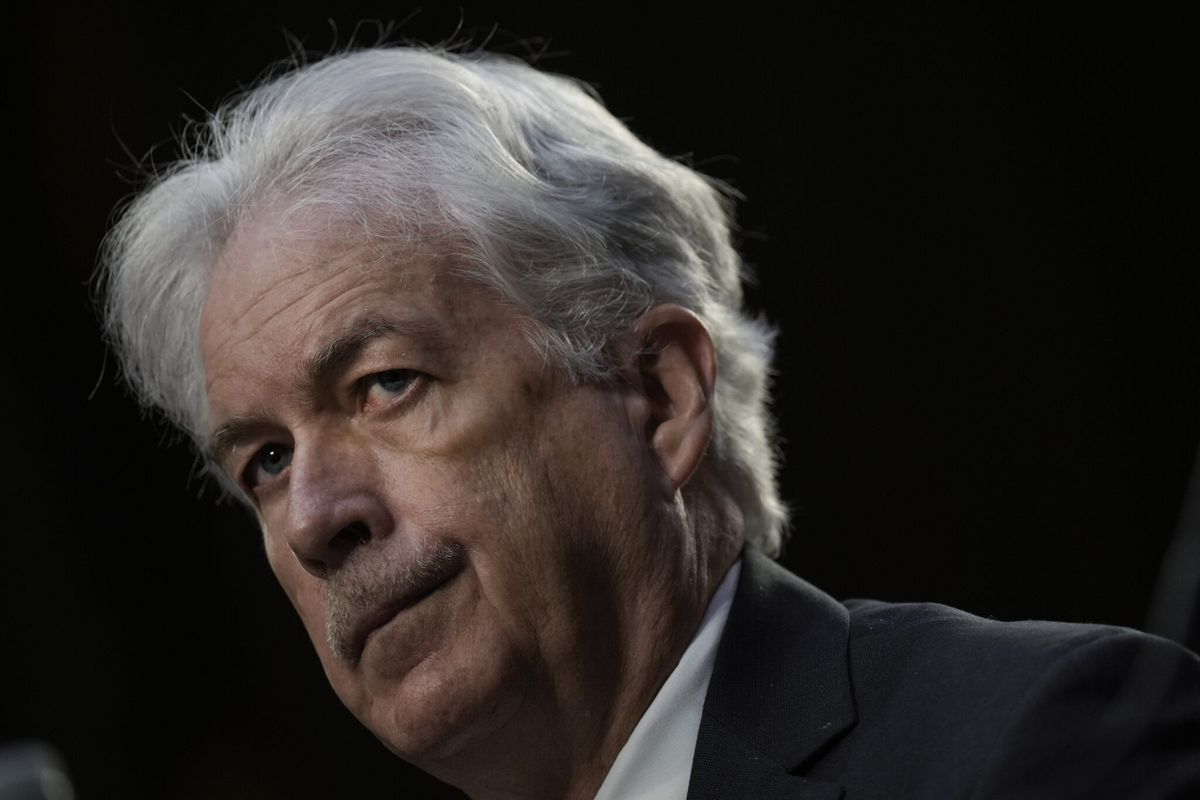OPINION — Over the course of his many decades in Israeli politics, Prime Minister Benjamin Netanyahu earned a reputation as Israel’s premier statesman and the country’s most savvy politician. But since the November 2022 elections, when Netanyahu established his dependency on far-right parties to create a majority bloc in Knesset (Parliament), Netanyahu’s policy has looked less like 3D chess and more like whack-a-mole. He may not have been enthusiastic about his new partners, nor were they about him, but the lack of realistic alternatives for each convinced both sides to hold their noses and join forces.
The center-right (Likud) and far-right (Otzma Yehudit) parties were viewed, at least from the outside, as natural coalition partners. But cracks quickly appeared in their ranks as they sought to advance their respective agendas, and it became apparent that they have distinct strategic goals and priorities. This is not to say Israel’s ruling coalition will collapse anytime soon, as each side knows that there are few other constellations which would allow them to remain in power. With the survival of the coalition likely for the foreseeable future, a struggle for control over the government’s agenda has ensued and created what can best be described as “stable disarray.”
If one were to determine, in very general terms, the agendas of the center-right and far-right factions of the coalition it could be assessed that the former focus primarily on foreign policy while the latter is most interested in domestic affairs and the Palestinian issue. For example, it is well-known that two of Netanyahu’s foremost aims during his next term are normalization of relations with Saudi Arabia and preventing Iran from acquiring nuclear weapons. Meanwhile, his far-right coalition partners seem far more interested in judicial reform and advancing settlement construction or annexation of the West Bank.
The government effort to legislate a judicial overhaul has dragged on for months, but its mismanagement has left even the Prime Minister’s own party unable to deliver clear or coherent messaging on the issue. The reform was never a top priority for the Prime Minister, but he is facing great difficulty in talking his partners down from it despite the grave costs anticipated. Former head of Israel’s Shin Bet Nadav Argaman went so far as to warn that passing such laws would erode Israel’s democracy and that, in turn, could cause Israel’s security services to implode. And in fact, many of Israel’s most elite (reserve) pilots and operators signed petitions stating that they would refuse to serve if the legislation passed. Even plans for Defense Secretary Lloyd Austin’s visit to Israel had to be revised due to the anti-reform demonstrations. To slow-roll the legislation without taking any flak from his coalition for doing so, Netanyahu is reported to have secretly coordinated a general labor strike opposing the reform as a means to demonstrate that the reform should not be passed “as is.”
Looking for a way to get ahead of the week in cyber and tech? Sign up for the Cyber Initiatives Group Sunday newsletter to quickly get up to speed on the biggest cyber and tech headlines and be ready for the week ahead. Sign up today.
With his hands full managing his government’s domestic challenges, including judicial reform, escalation on the Palestinian front, a spiking murder rate, and rising cost of living, Netanyahu’s foreign policy has so much background noise that it is difficult to pick up on the signal. The numerous international gaffes his undisciplined ministers and coalition members have caused include insulting the Emiratis, disparaging the Vice President of the United States, belittling U.S. Congress and asking them to rein in President Biden, and angering the Jordanians. In this case, one could argue that the noise is the signal: Netanyahu is stretched too thin to keep his assertive and inexperienced coalition partners in-line.
With all that in mind, it is no surprise that the Prime Minister’s efforts in the foreign policy realm are in jeopardy.
For Israeli-Saudi normalization to materialize, Washington would need to play a major role in facilitating such an agreement as it did with the Abraham Accords. Despite the current friction between Washington and Jerusalem, the White House appears willing to do so out of commitment to Israel’s security and the U.S. national interest.
But even with Washington’s help, for Riyadh to agree to establish formal ties with Israel then Jerusalem would need to make some concessions to the Palestinians – concrete or symbolic – and the situation on the ground hardly seems ripe for that. The Palestinian Authority (PA) is losing control of the West Bank as the Israeli-Palestinian conflict escalates due to Palestinian terror attacks and destructive riots by Israeli settlers. The recent Israeli decision to move forward on plans to expand settlements might be used as a card for negotiating normalization, and freezing the plans could provide the fig leaf of an Israeli concession to the Palestinians. Though that chip has already been played in freezing annexation of the West Bank in exchange for normalization with the Emiratis, and even if that minor concession were acceptable to the Saudi leadership, it seems unlikely that the far-right ideologues in Netanyahu’s government would agree to it.
In the meantime, the Iranian nuclear program is moving forward while Israel’s political leadership is relatively muted. This is particularly surprising as Netanyahu has been extremely vocal on this issue in the past, even when it led to friction with the White House and its top brass. This is not to suggest that the Prime Minister and his top advisors are not concerned about “mini deals” or “understandings” with the Islamic Republic over the nuclear file. They are, especially as a temporary deal can quickly become a permanent one given Tehran’s complacency with lax U.S. sanctions enforcement. It risks legitimizing Iran’s nuclear advances over the last two years, particularly enrichment to 60% purity, even if it is later down-blended.
While Netanyahu has publicly opposed the indirect diplomacy underway between the U.S. government and Tehran, with so many distracting fires in Israel’s backyard, he has little bandwidth to influence these crucial matters of national security. This can be seen in President Biden’s lack of an invitation to the Prime Minister to visit the White House since he retook the office in December 2022. The distance between the two allies also emboldens enemies, like Iran’s Axis of Resistance, which are actively seeking to inflame internal divisions in Israel and testing red lines. This is evident from Hezbollah’s gradual pushing of the envelope starting in March 2023 with the Megiddo bombing, its tents appearing on Israeli territory, and Hezbollah operatives entering Israel for around 20 minutes this month.
The Cipher Brief hosts expert-level briefings on national security issues for Subscriber+Members that help provide context around today’s national security issues and what they mean for business. Upgrade your status to Subscriber+ today.
Palestinian militants are also growing bolder. In April, Hamas operatives in southern Lebanon fired more than 30 rockets towards Israel—the largest salvo from Lebanon since the 2006 war. That is not to mention Iran actively supporting the arming and organizing of Palestinian resistance units in the West Bank in cities like Jenin and Nablus. Tehran is likely eyeing Netanyahu’s standing, and this daylight between the United States and Israel undermines the country’s deterrence.
As Netanyahu searches for foreign policy success, he has flirted with a trip to Beijing at a time of enormous tensions between the U.S. and China. This was, reportedly, an effort to show the Biden Administration that if an invitation to the White House is not forthcoming Jerusalem has alternatives. Netanyahu also likely believed that this was his only near-term option for a state visit to a tier-1 nation that would allow him to burnish his statesman credentials without hearing any reproach regarding the domestic policies of his government. Of course, any effort to use China as leverage against the U.S. administration would be a blunder that risks eliciting bipartisan anger and considerable damage to the U.S.-Israel relationship. The reality is that Israel has no alternative to the U.S. that could provide it with comparable strategic advantages.
Like a broken clock, far-right politician Itamar Ben-Gvir is correct in saying that Israel is not a proxy of the U.S. and should not take orders from Washington; but his claim lacks nuance and ignores the fact that the bilateral relationship is one of the key strategic pillars of Israeli national security. Because it cannot control U.S. political trends or go it alone, Israel ought to adjust its policies in response to a changing reality and seek to address the pain points in the U.S.-Israel relationship in ways which provide maximum benefit to the bilateral ties while minimizing cost in terms of strategic interests. Reining in the settler riots against Palestinians is a good example of an Israeli policy that would alleviate bilateral friction and benefit Israel by reinforcing the essential precedent that citizens who carry out indiscriminate acts of violence will be held accountable. Improving the relationship between Washington and Jerusalem will be critical for Israel as it seeks to improve its strategic positioning in the international arena and cope with numerous security challenges in parallel.
It does take two to tango, however. President Biden should clarify that he hopes to invite Israel’s Prime Minister to Washington and specify practical first steps Netanyahu could take to ensure an invitation is extended. Simply isolating Netanyahu brings no tangible benefits for the U.S. or Israel, especially since the Prime Minister is expected to serve more than three additional years in office. Presenting a clear list of initial expectations provides the Netanyahu government with an off-ramp from this road to isolation (or at least a roadmap for how to reach one), reframes the disagreements in concrete policy terms, and places the ball for improving Israel’s most important bilateral relationship back in Netanyahu’s court.
As it stands, Netanyahu, the once-greater statesman, appears lost on the international stage. Instead of delivering Saudi Arabia and taking on Iran, it looks like his government will announce diplomatic progress with Papua New Guinea and Fiji. The Prime Minister may have believed that by avoiding photo-ops with his extremist coalition partners during election season, he’d be able to continue business as usual abroad. Instead, as Netanyahu struggles to minimize damages from his government’s disruptive actions at home, his foreign policy goals seem like distant fantasies covered up by “quick wins” with countries few could find on a map.
The Cipher Brief is committed to publishing a range of perspectives on national security issues submitted by deeply experienced national security professionals.
Opinions expressed are those of the author and do not represent the views or opinions of The Cipher Brief.
Have a perspective to share based on your experience in the national security field? Send it to Editor@thecipherbrief.com for publication consideration.
Read more national security focused insights, perspective and analysis in The Cipher Brief













